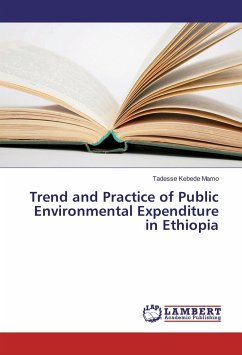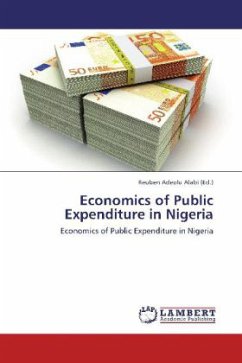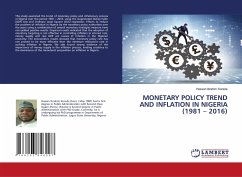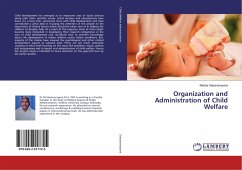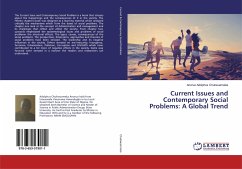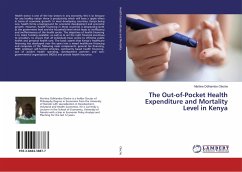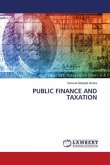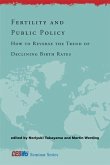It is unquestionable that public funding remains crucial for addressing environmental problems and, more broadly, promoting a greener model of development in Ethiopia. The main objective of the study was to understand the trends of public expenditure in environment and to obtain critical information for streamlining and strengthening future investments in environmental programs, project and activities. . The techniques used for primary data collection are key informant interview and focus group discussion. This study analyses Ethiopian spending on environmental protection including both federal and state levels, in the 2002/03-2012/13 period. The descriptive part of the analysis showed in aggregate terms, public environmental expenditures have increased from about ETB 1136.47 million in 2002/03 to about ETB 15,230.54 million in 2012/13. The environmental sector in the country has been very effective in attracting domestic public financing, especially after Rio convention in 1992.
Bitte wählen Sie Ihr Anliegen aus.
Rechnungen
Retourenschein anfordern
Bestellstatus
Storno

